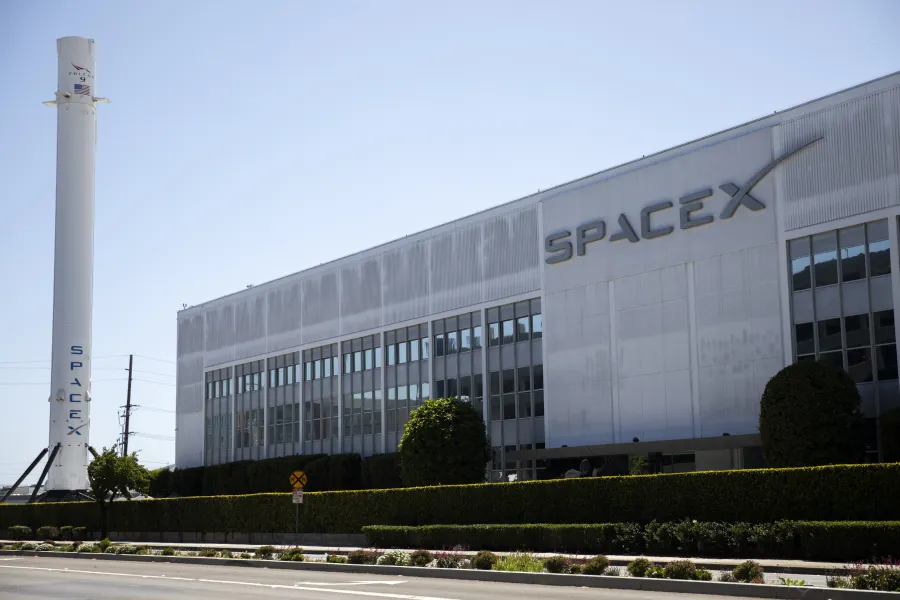
On Tuesday, Elon Musk’s SpaceX scored a major legal victory—one that goes far beyond rockets and satellites. A federal appeals court ruled in favor of SpaceX, putting the brakes on the National Labor Relations Board’s (NLRB) attempt to prosecute the company for alleged unfair labor practices. But here’s the twist: this ruling isn’t just about SpaceX. It could potentially challenge the very foundation of how the NLRB operates.
The case started after SpaceX fired employees who signed an open letter criticizing Musk’s leadership and what they described as a culture of sexism inside the company. Normally, the NLRB would step in to handle such disputes. But SpaceX pushed back, arguing that the board’s structure itself violates the U.S. Constitution. According to the Fifth Circuit Court of Appeals, they might actually have a point.
Here’s the issue in simple terms: the NLRB relies on in-house administrative law judges (ALJs). These judges are difficult for even the President to remove, which SpaceX argues makes them unconstitutionally insulated from accountability. The three-judge panel agreed that forcing a company into proceedings led by potentially unconstitutional judges causes “irreparable harm.” Translation: until the bigger constitutional question is settled, the NLRB can’t touch SpaceX.
For now, this pause also protects two other companies—Energy Transfer and Findhelp—that are part of the same legal battle. But make no mistake, the NLRB isn’t backing down. A challenge to this ruling is almost certain, setting the stage for a high-stakes legal showdown that could reshape labor law in America.
Adding another layer of intrigue, the panel’s makeup says a lot: two judges appointed by Donald Trump and one by George H.W. Bush. With political and constitutional questions intertwined, the outcome could affect how workers and employers face off for years to come.
At its core, this isn’t just a SpaceX issue—it’s a test of how far government agencies can go in policing workplace disputes. And depending on how the higher courts weigh in, it could redefine the balance between labor rights and corporate power across the U.S.




